#poet laureate
Text
Yup,
When it's that little green plant...
That's how you know it's weed.
2K notes
·
View notes
Text

Fifty years before social media, Robert Frost saw what was coming..
#Robert Frost#New England#American poet#poet laureate#Pulitzer Prize#US authors#literacy#sign of the times#USA#famous quotes#prophetic words#prescient#social media
99 notes
·
View notes
Text
The Wild Iris—by Louise Glück, who passed away Friday, Oct. 6, 2023
At the end of my suffering
there was a door.
Hear me out: that which you call death
I remember.
Overhead, noises, branches of the pine shifting.
Then nothing. The weak sun
flickered over the dry surface.
It is terrible to survive
as consciousness
buried in the dark earth.
Then it was over: that which you fear, being
a soul and unable
to speak, ending abruptly, the stiff earth
bending a little. And what I took to be
birds darting in low shrubs.
You who do not remember
passage from the other world
I tell you I could speak again: whatever
returns from oblivion returns
to find a voice:
from the center of my life came
a great fountain, deep blue
shadows on azure seawater.
#louise gluck#rest peacefully#poet laureate#word master#poetry#Nobel prize winner#understander of souls
46 notes
·
View notes
Text

John Betjeman
#suitdaddy#suiteddaddy#suit and tie#suited daddy#men in suits#daddy#suited grandpa#suitedman#silverfox#suit daddy#suitfetish#three piece suit#suited men#buisness suit#suited man#suitedmen#british man#british men#poet laureate#John Betjeman
19 notes
·
View notes
Text
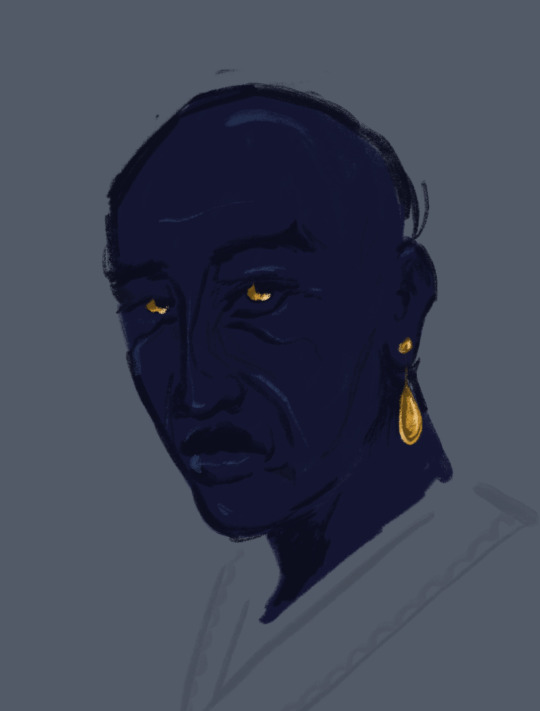
Lover of the lady Moon, sun in his eyes.
#his radiancy#fitzroy angursell#trying to figure out the best. no spoiler but still inclusive way to tag him feels rather like trying to name all his titles. which you#may as well#glorious one#poet laureate#clever little mystery#nine worlds#hote#artorin damara#my art
11 notes
·
View notes
Text
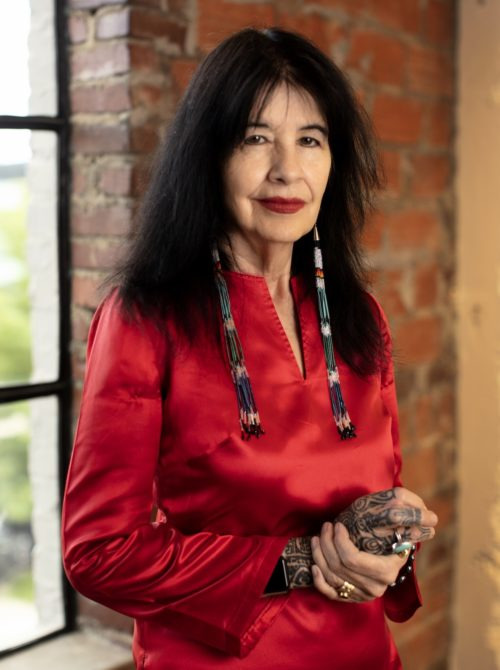
Joy Harjo is an internationally renowned performer and writer of the Muscogee (Creek) Nation. She served three terms as the 23rd Poet Laureate of the United States from 2019-2022 and is winner of Yale's 2023 Bollingen Prize for American Poetry. Read her full bio. here
Perhaps the World Ends Here by Joy Harjo
The world begins at a kitchen table. No matter what, we must eat to live.
The gifts of earth are brought and prepared, set
on the table. So it has been since creation, and it will go on.
We chase chickens or dogs away from it. Babies teethe at the corners. They scrape their knees under it.
It is here that children are given instructions on what it means to be human. We make men at it, we make women.
At this table we gossip, recall enemies and the ghosts of lovers.
Our dreams drink coffee with us as they put their arms around our children. They laugh with us at our poor falling-down selves and as we put ourselves back together once again at the table.
This table has been a house in the rain, an umbrella in the sun.
Wars have begun and ended at this table. It is a place to hide in the shadow of terror. A place to celebrate the terrible victory.
We have given birth on this table, and have prepared our parents for burial here.
At this table we sing with joy, with sorrow. We pray of suffering and remorse. We give thanks.
Perhaps the world will end at the kitchen table, while we are laughing and crying, eating of the last sweet bite.
"Perhaps the World Ends Here" from The Woman Who Fell From the Sky by Joy Harjo. Copyright © 1994 by Joy Harjo.
#american poetry#joy harjo#native american poet#poet laureate#poetry#native american heritage month#muscogee (creek) nation#academy of american poets
16 notes
·
View notes
Text

☆*:.。.Punk Poet Angel of Venus.。.:*☆
Patti Smith photographed by Denis O'Regan in 1977
9 notes
·
View notes
Photo
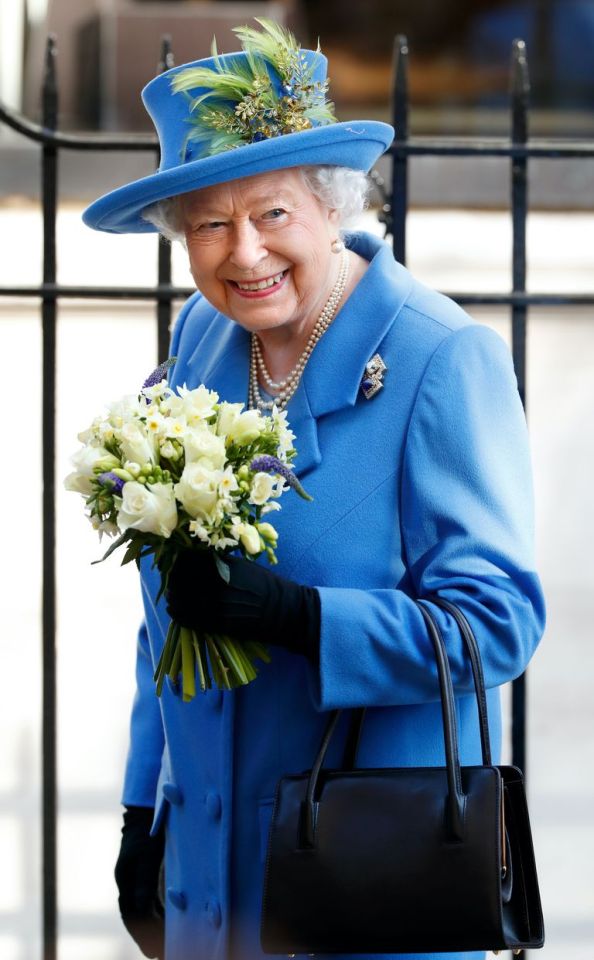
Evening will come, however determined the late afternoon,
Limes and oaks in their last green flush, pearled in September mist.
I have conjured a lily to light these hours, a token of thanks,
Zones and auras of soft glare framing the brilliant globes.
A promise made and kept for life - that was your gift -
Because of which, here is a gift in return, glovewort to some,
Each shining bonnet guarded by stern lance-like leaves.
The country loaded its whole self into your slender hands,
Hands that can rest, now, relieved of a century's weight.
Evening has come. Rain on the black lochs and dark Munros.
Lily of the Valley, a namesake almost, a favourite flower
Interlaced with your famous bouquets, the restrained
Zeal and forceful grace of its lanterns, each inflorescence
A silent bell disguising a singular voice. A blurred new day
Breaks uncrowned on remote peaks and public parks, and
Everything turns on these luminous petals and deep roots,
This lily that thrives between spire and tree, whose brightness
Holds and glows beyond the life and border of its bloom.
- Floral Tribute by Simon Armitage, Poet Laureate
The British Poet Laureate, Simon Armitage, has penned a poem to mark the death of HM Queen Elizabeth II. describes the coming of a September evening and the appearance of a Lily-of-the-valley as a "token of thanks" - one of the Queen's favourite flowers.T
The beautiful white bloom, which featured in Her Majesty's coronation bouquet in 1953, is a permanent feature of the floral displays at Buckingham Palace. Elegant and hardy, it has dark green leaves, bell-shaped, fragrant flowers, and is famed for being relatively easy to grow.
In the poem, Armitage employs the form of a double acrostic, using the first letter of each line to spell out Elizabeth. He uses the metaphor of a lily to represent both the poem and the Queen, writing: "This lily that thrives between spire and tree, whose brightness/Holds and glows beyond the life and border of its bloom."
Later Armitage adds: "The country loaded its whole self into your slender hands, Hands that can rest, now, relieved of a century's weight" and pays homage to "a promise made and kept for life".
#armitage#simon armitage#poem#tribute#HM Queen Elizabeth II#elizabeth II#monarchy#britain#poet laureate#culture#flowers
87 notes
·
View notes
Photo

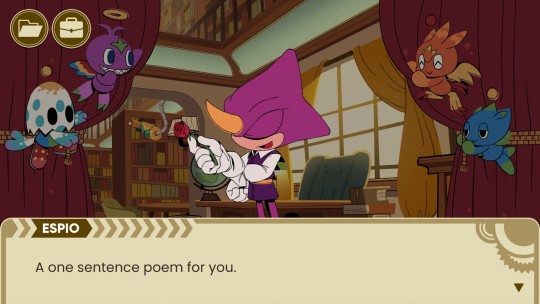
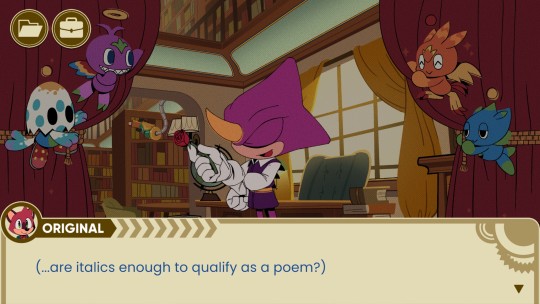
In which Espio clearly went to college.
#the murder of sonic the hedgehog#espio the chameleon#poet laureate#voice of our generation#avant garde poetry#sonic team#the video game shutterbug#fourth wall break
19 notes
·
View notes
Photo
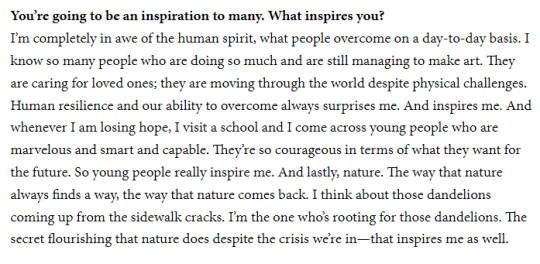
U.S. Poet Laureate Ada Limón on what inspires her in a Q&A with Rigoberto González, published in the January/February 2023 issue of Poets & Writers Magazine.
#ada limón#Poet laureate#United States#Poetry#Inspiration#Quote#Nature#Writer's Block#Rigoberto Gonzalez#Writers#January#February#2023
38 notes
·
View notes
Text
U.S. Poet Laureate Ada Limón's verses to travel on NASA spacecraft
18 notes
·
View notes
Text

As I drink tea from my CUNT mug, weak and weary,
I bid into the void my solemn query,
The foxes do a scream outside this night,
Are they fucking or are they fight?!
4 notes
·
View notes
Text
Poet Laureates and Publishing in the South
Martha Cinader speaks with Glenis Redmond and Anna Castro Spratt, the first Poet Laureate and Teen Poet Laureate of Greenville, SC and they also share some poetry. We also speak with Meg Reid, Executive Director of Hub City Publishing in Spartanburg, SC a
“I didn’t say I was right about things. I said I write about things.” –Oscar Peñaranda
Glenis Redmond & Anna Castro Spratt, Poet laureates, Meg Reid, Hub City Publishing
L&BH Podcast S2 Episode 5 – Poet Laureates and Publishing in the South
Martha Cinader speaks with Glenis Redmond and Anna Castro Spratt, the first Poet Laureate and Teen Poet Laureate of Greenville, SC about how it happened…

View On WordPress
#Alavian Landrum#Anna Castro Spratt#Crystal Cauley#Fiction#Glenis Redmond#Greenville SC#Hendersonville NC#Hub City Publishing#Meg Reid#novels#open mic#Poet Laureate#Poetry#publishing#SC#Spartanburg SC#spoken word#Versers of Color#writer#writing
2 notes
·
View notes
Text
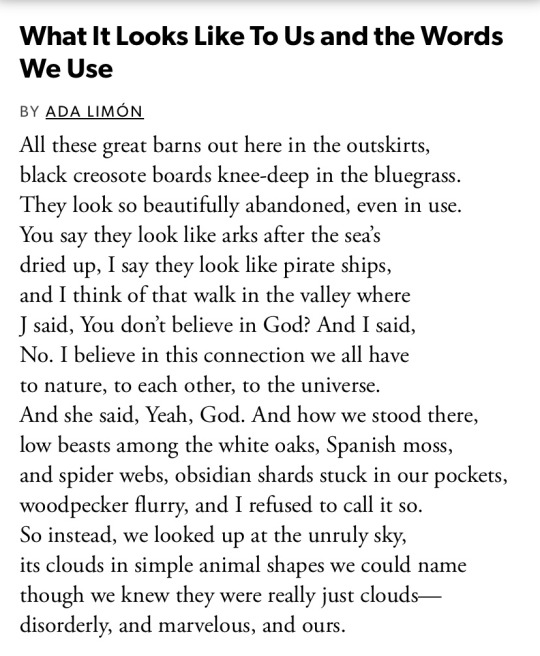
Ada Limon - What it Looks Like to Us and the Words We Use
From: "Bright Dead Things" Sept. 2015
#saresmusings#ada limón#ada limon#for you page#what it looks like to us and the words we use#bright dead things#2015#poetry#poem of the week#poet laureate#poem of the day#literature
3 notes
·
View notes
Text

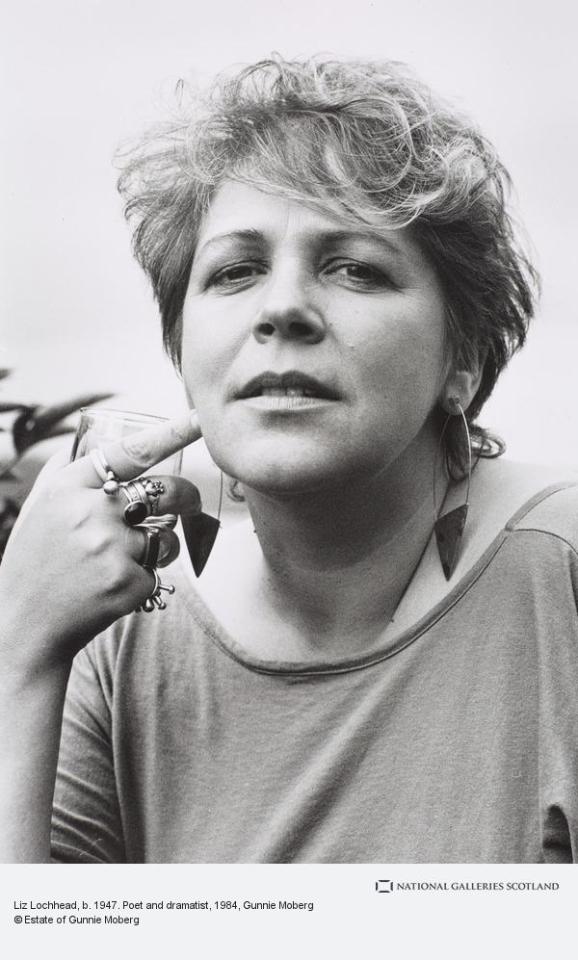
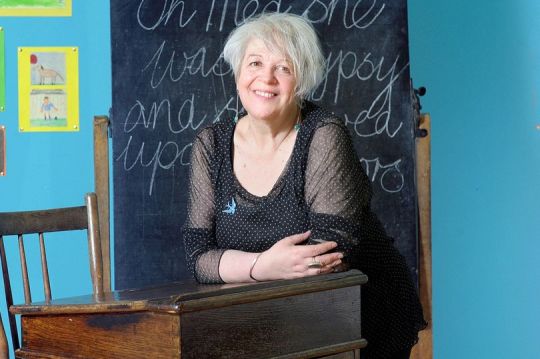
Happy 75th Birthday the Scottish writer. Poet and Playwright Liz Lochhead
Born Elizabeth Anne Lochhead in Motherwell, Lanarkshire on 26th December 1947; her parents , John Lochhead and Margaret Forrest, had both served in the army during the war and married in 1944. Her father was a local government clerk. In 1952 the family moved into a new council house in the mining village of Newarthill, where her sister was born in 1957.
The primary school in Newarthill is vividly conjured in Lochhead’s poem ‘A Protestant Girlhood’. She moved on to Dalziel High School in Motherwell, and by the time she was 15 had decided to go to art school, although teachers were encouraging her to study English at university.
She wrote her first poem, ‘The Visit’, after she entered the Glasgow School of Art in 1965, and attended an informal creative writing group there run by Stephen Mulrine. After graduating from GSA in 1970, she went a few times to the extra-mural writers’ workshop run by Philip Hobsbaum, who had a gift for identifying and encouraging talent. In 1971 she won a Radio Scotland poetry competition, in 1972 she read with Norman MacCaig at a poetry festival in Edinburgh, and her first collection, Memo for Spring, was published in 1972 by Gordon Wright. She met Alasdair Gray, Jim Kelman and Tom Leonard in this period, and later in the decade Tom McGrath and Alan Spence; in this group of talented young Scottish writers, she stands out as a rare female presence and this has been enabling and inspiring for the generation that followed.
Lochhead earned her living at this time by teaching art in secondary schools in Bristol, Glasgow and Cumbernauld. In 1978 her second collection, Islands, was published and she wrote and performed in Sugar and Spite at the Traverse, Edinburgh. She was awarded the first Scottish/Canadian Writers’ Exchange Fellowship the same year, and went to Toronto, then lived in the USA after the fellowship ended, and over the next couple of years returned to New York for lengthy periods.
The 1980s was an immensely productive decade in both work for the theatre and poetry; Lochhead also married the architect Tom Logan in 1986, and they made their home in Glasgow. Notable successes included her adaptation of Molière’s Tartuffe for the Lyceum and Mary Queen of Scots Got Her Head Chopped Off, performed by Communicado. These two plays derive much of their energy from the way Lochhead uses Scots, admiringly characterised by Robert Crawford in Identifying Poets as ‘a diction of kaleidoscopic pace and liveliness, a Scots which manages to bring Tartuffe in touch with Holy Willie while preserving an alertness to the polyphonies of [her] contemporary Scottish homeland’ .
The elements of voice and performance are vital to both genres, but Lochhead considers them to be quite different, and marked this visually by publishing Dreaming Frankenstein & Collected Poems (1984) with a white cover, while her monologues and performance pieces True Confessions and New Clichés (1985) had a black cover. While she allowed, in a 1992 interview for Verse, that ‘certain speeches in, say, Mary Queen of Scots…, felt like writing poems to me while I was doing them’, there was nevertheless a basic distinction to be made:
A play is something that doesn’t exist when you have written it. It only exists when it begins to be performed. Whereas a poem is something that even before you’ve tightened it up properly, once you’ve got it finished, even if it’s lying under the bed, there it is: it’s a thing. So I think that’s what satisfies me the most about poetry, that it is not for anything whatsoever and that you don’t really do it to order.
This was before her laureateships, which inevitably involve poems commissioned for occasions, but the distinction probably stands as such poems often involve a degree of performance.
Lochhead’s sixth collection, The Colour of Black and White – poems 1984-2003, includes ‘Kidspoem/Bairnsang’, which has become one of her signature poems and a touchstone for the decade. It is cleverly but also appealingly bilingual, perfect for illustrating to those who don’t know Scots how the language marches beside English; and for those who do know Scots, it serves as a reminder of its riches and legitimacy in the public sphere. Many generations had Scots bred out of them at school, and that this is changing is in no small part driven by Scotland’s writers. Moreover, Lochhead articulates more than her generation’s worth of weary anger over the literature accepted into the canon: ‘the way it had to be said / was as if you were posh, grown-up, male, English and dead.’
While the blurb for this collection quotes The Scotsman as saying ‘Her pulse [is] the racing, faltering pulse of a nation obsessed with identity and self-analysis. For 25 years, Lochhead has been the distinctive female voice of Scotland. Gallus, inquisitive, accusing and playful. Angry and tender by turns’ – this description is of limited truth. Her voice is not always that of a woman, or always that of a Scot. Following her friend Edwin Morgan, first as Poet Laureate of Glasgow (2005) and then as Scots Makar (2011-16), she strove to be confined by neither her gender nor her nationality, and went on to be awarded the Queen’s Gold Medal for Poetry in 2015.
Nevertheless, the female voices that Lochhead has deployed in her monologues and many of her poems undoubtedly draw on a Scottish oral tradition that is subverted by the music-hall, and takes pleasure in a distinctive West of Scotland tradition of gossipy storytelling and humour. If the latter has been – on stage at least – a predominantly male preserve, she has been instrumental in making space for women. Lochhead has spoken of the difficulty for female poets in particular of the long shadow cast by Hugh MacDiarmid, and of the liberation provided by American examples – again typical of many West of Scotland writers’ experience. In Lochhead’s case, this was not only the lure of William Carlos Williams and Robert Creeley, but also of the sophisticated lyrics of Broadway, to which she pays affectionate homage in ‘Ira and George’. The poem is dedicated to her friend and co-performer Michael Marra, and reminds us that Lochhead’s love of music and the visual arts is an essential part of her work.
The radio as much as the theatre has been an impetus to creation for Lochhead, and it is her ability to speak with conversational intimacy within a public space that is one of the hallmarks of her work. The sound of her own voice is immediately engaging. Her relish of a whole variety of language registers and rhythms, her sensuality and humour, her loving descriptions – ‘the decency of good coats roundshouldered’ – and her outspokenness have made Lochhead an enormously popular poet.
View of Scotland/Love Poem
Down on her hands and knees
at ten at night on Hogmanay,
my mother still giving it elbowgrease
jiffywaxing the vinolay. (This is too
ordinary to be nostalgia.) On the kitchen table
a newly opened tin of sockeye salmon.
Though we do not expect anyone,
the slab of black bun,
petticoat-tails fanned out
on bone china.
‘Last year it was very quiet…’
Mum’s got her rollers in with waveset
and her well-pressed good dress
slack across the candlewick upstairs.
Nearly half-ten already and her not shifted!
If we’re to even hope to prosper
this midnight must find us
how we would like to be.
A new view of Scotland
with a dangling calendar
is propped under last year’s,
ready to take its place.
Darling, it’s thirty years since
anybody was able to trick me,
December thirty-first, into
‘looking into a mirror to see a lassie
wi as minny heids as days in the year’ –
and two already since,
familiar strangers at a party,
we did not know that we were
the happiness we wished each other
when the Bells went, did we?
All over the city
off-licenses pull down their shutters,
people make for where they want to be
to bring the new year in.
In highrises and tenements
sunburst clocks tick
on dusted mantelshelves.
Everyone puts on their best spread of plenty
(for to even hope to prosper
this midnight must find us
how we would like to be).
So there’s a bottle of sickly liqueur
among the booze in the alcove,
golden crusts on steak pies
like quilts on a double bed.
And this is where we live.
There is no time like the
present for a kiss.
17 notes
·
View notes
Text

I hold it true, whate'er befall;
I feel it, when I sorrow most;
'Tis better to have loved and lost
Than never to have loved at all.
In Memoriam A. H. H.
Alfred Lord Tennyson
#poetry#poet#poets#poet laureate#Victorian#victorian literature#victorian style#english literature#english poem#english poetry#writers#writing#prose#prose poetry#in Memoriam a h h#love poetry#sad poetry#grief poem#grief quotes#alfred tennyson#alfred lord tennyson#graveyard aesthetic#grave#graveyard#cemetary#historical aesthetic#dark academia aesthetic#dark academia#academia aesthetic#gothic academia
43 notes
·
View notes